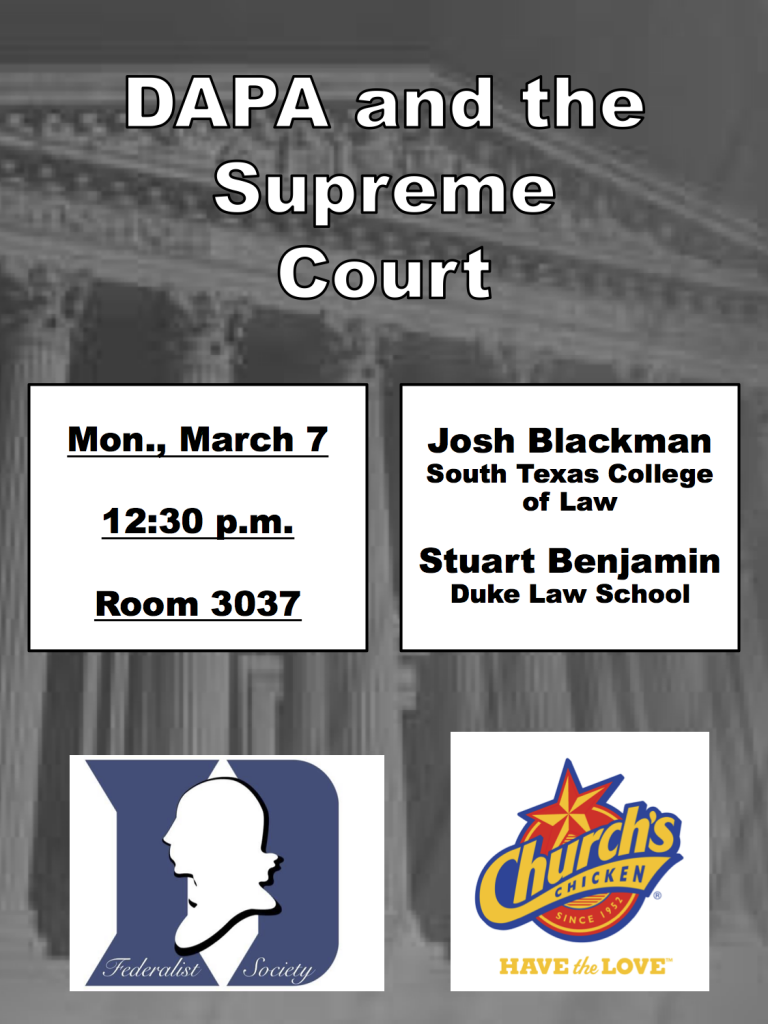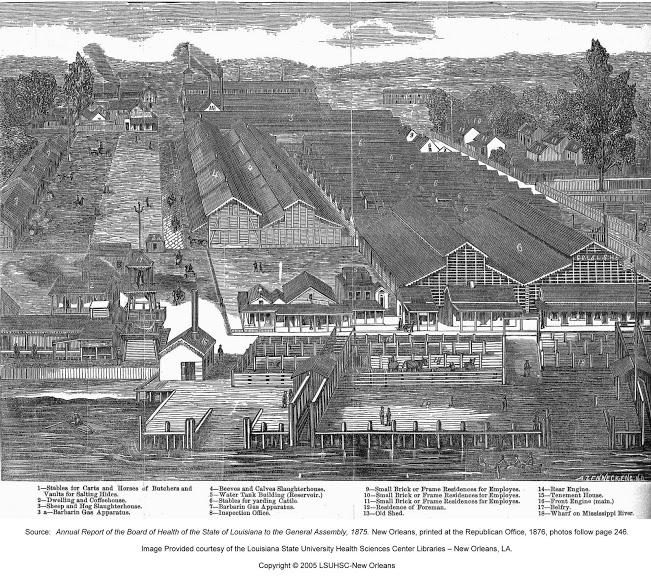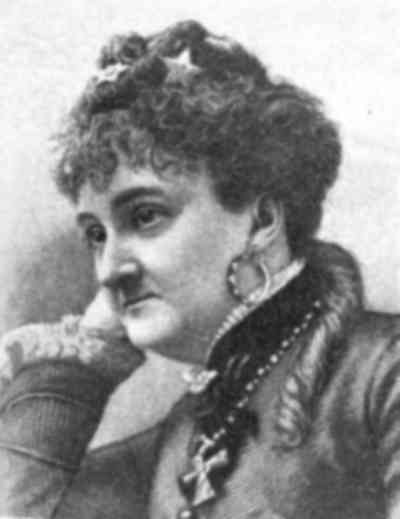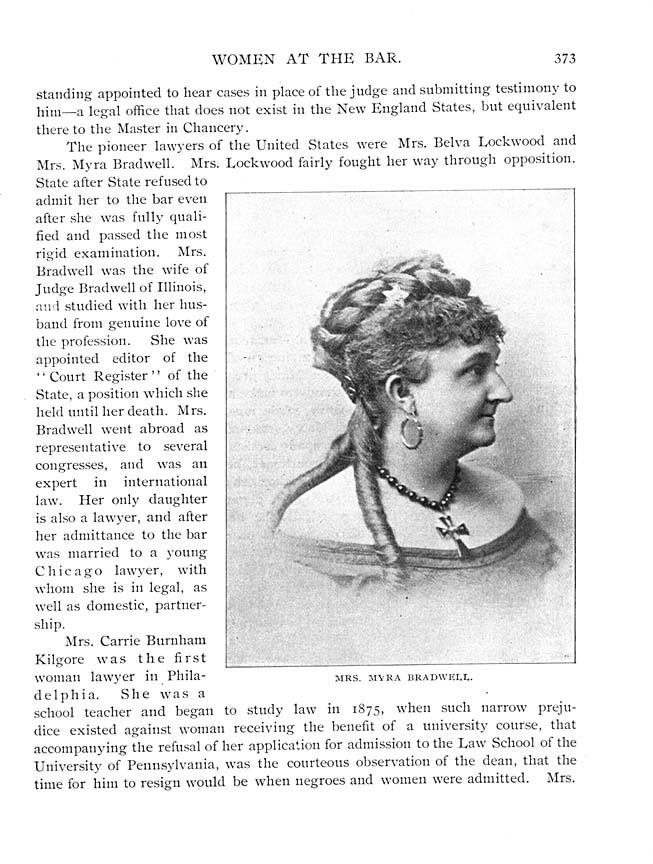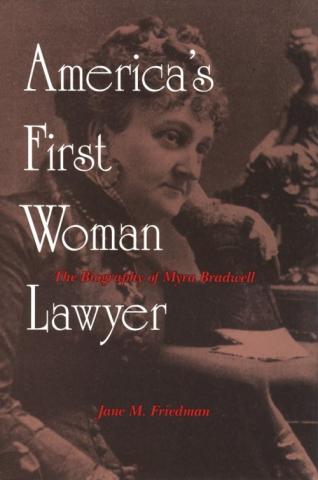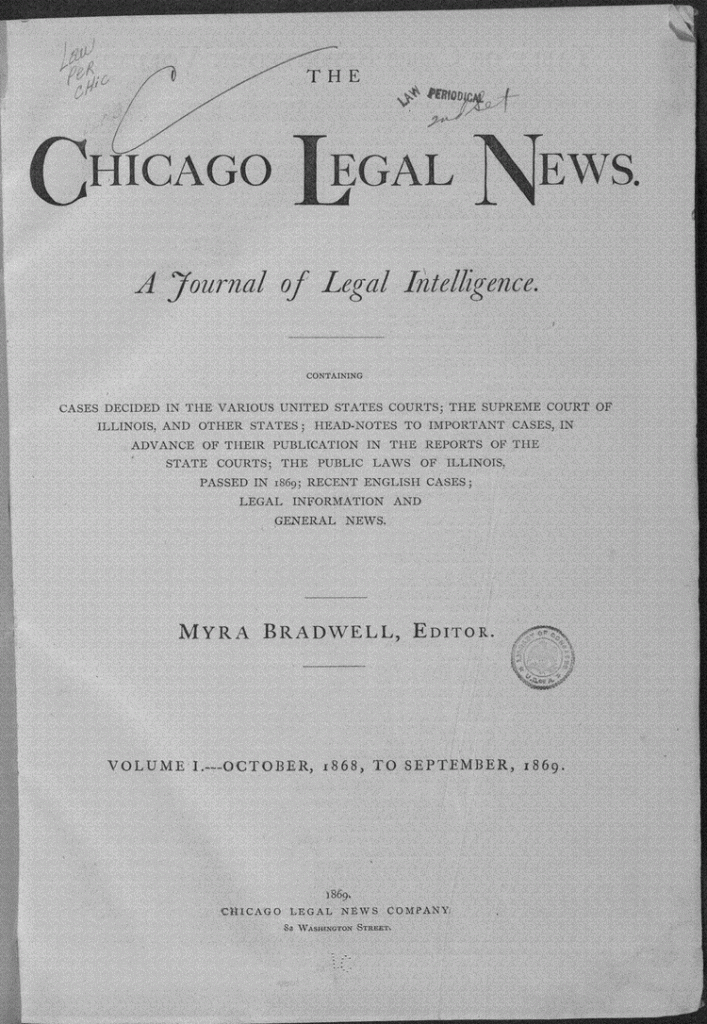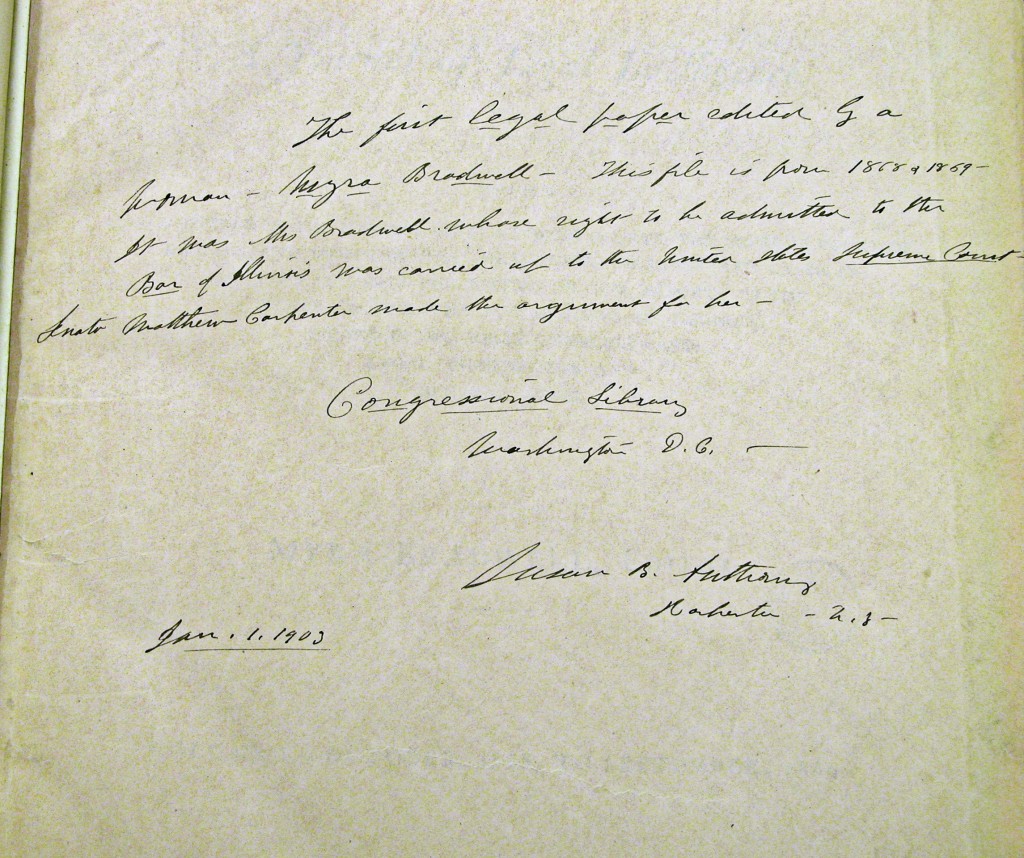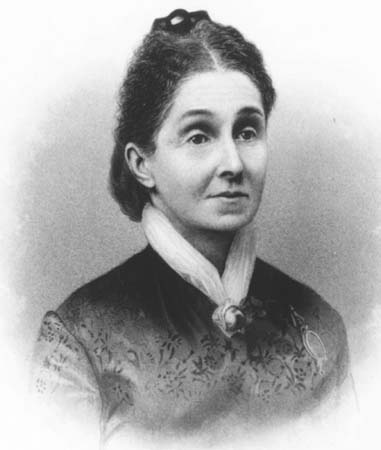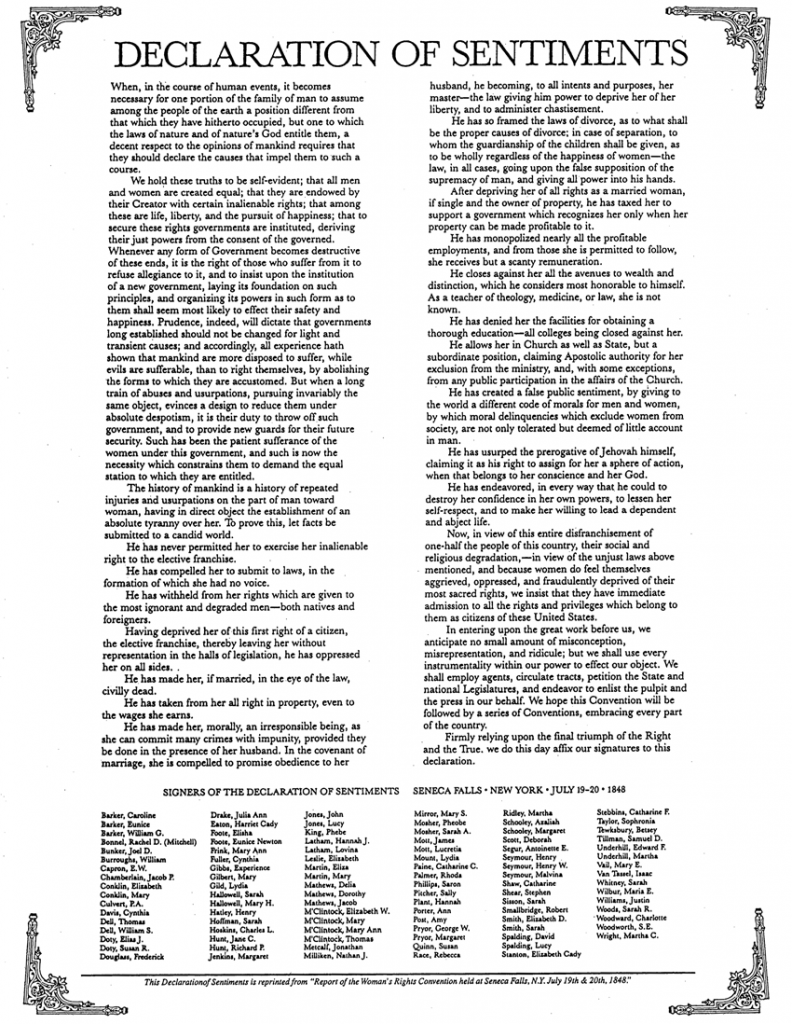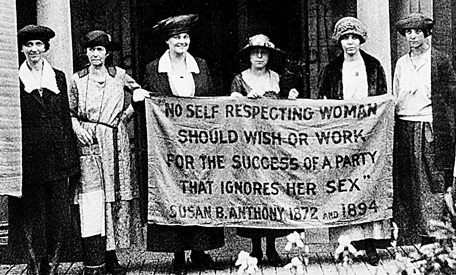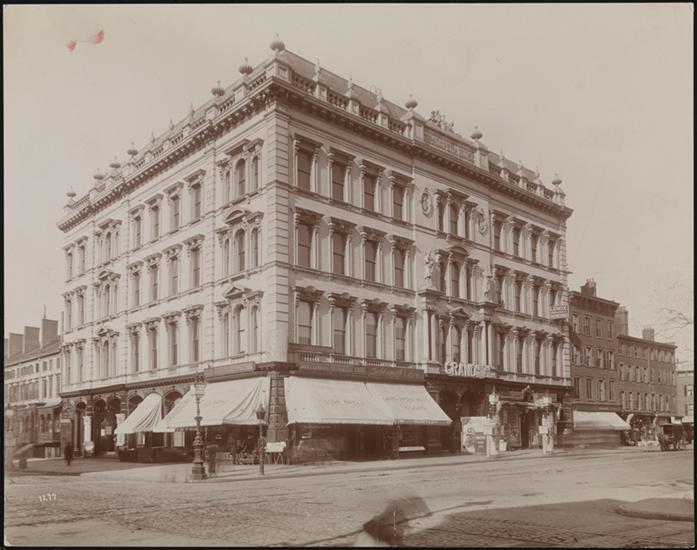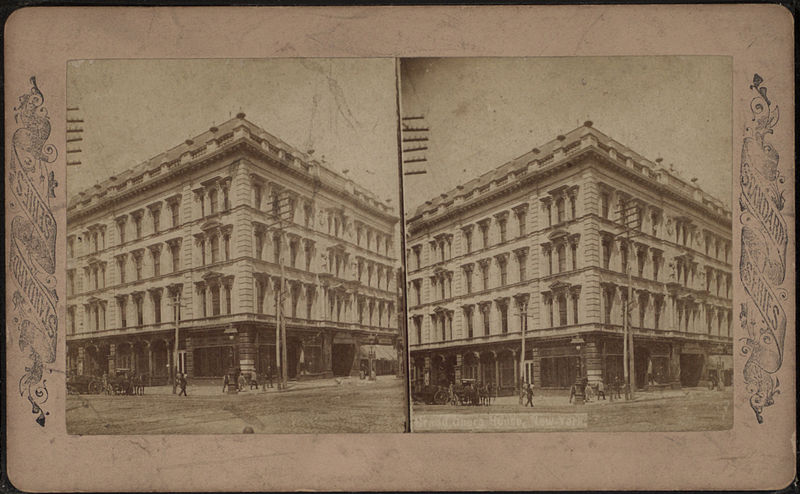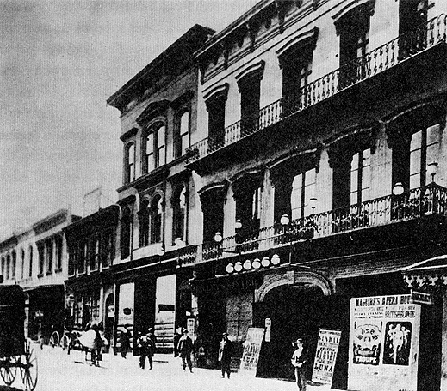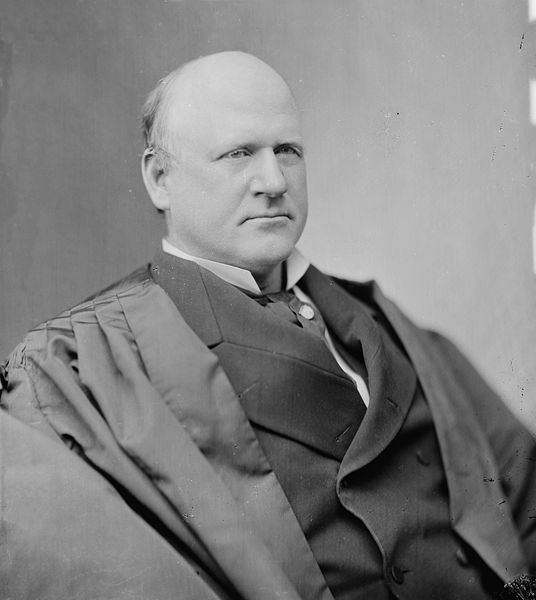With President Obama and Senator Grassley hanging out at SCOTUSBlog, Sen. Leahy joined the fray. And in doing so, he demonstrated a stunning lack of awareness of the history of his own committee, and of judicial nomination hearings. Here is how Sen. Leahy opens his post:
Supreme Court Justice Louis Brandeis, a staunch believer in open government, famously said that sunlight is the best disinfectant. Transparency enables the American people to hold their government accountable and to engage in the democratic process. Unfortunately, eleven Republican Senators are trying to deny a full and open debate on the next nominee to the Supreme Court – BEFORE that individual has even been named.
The Senate Judiciary Committee began its practice of holding public hearings on Supreme Court nominees a century ago, in 1916, and fittingly the nominee was Louis Brandeis. Since then, the Senate’s process for considering nominees to the highest court in the land has become more transparent and more accessible to the American people.
The reason why Brandeis was the first nominee to the Supreme Court to require a hearing was because of rabid anti-semitism. Brandeis didn’t even testify at his own hearing. People spoke on his behalf before the Judiciary Committee. Nearly four months elapsed from Brandeis’s appointment to his confirmation. According to one scholar, it was “the most contentious fight over the confirmation of a Supreme Court Justice in American history until the 1987 Senate battle over the confirmation of Robert Bork”–something Leahy would also know a thing or two about. This is not the exemplar the former Chairman should extol up.
Lucas Powe talked with NPR about the Brandeis hearings in 2009. Here is a good summary of the process:
Brandeis was a spectacularly controversial nomination. First, he was the first Jew ever to be nominated for the court, and there was blatant anti-Semitism there.
Second, he’d been a very successful lawyer. And after he got really rich, he became what seems to be the first public-interest lawyer in American history, and he started to take on corporations that formerly he would have been taking money from as their advocate, and thus he made a lot of enemies. And former President Taft, Harvard President Lowell, former Attorney General Wickersham, former Secretary of State Elihu Root and several former presidents of the American Bar Association all opposed his nomination.
RAZ: So it was so controversial, they essentially had to have hearings.
Prof. POWE: Yes, they had to have hearings. And it was four months from President Wilson’s nomination until the final vote on Brandeis which was, for that era, an incredible amount of time.
RAZ: And so, I mean, what happens, or did Lewis Brandeis sort of had to show up every day and testify at the hearings?
Prof. POWE: No, Brandeis did not attend his hearings at all. There were people supporting him and obviously people opposing him.
Among those opposing Brandeis’s nomination was A. Lawrence Lowell, the President of Harvard University, who later placed a quota on Jewish admissions to Harvard. Lowell told President Wilson that Brandeis did not “stand very high in the opinion of the best judges in Massachusetts.” Lowell also wrote to Sen. Henry Cabot Lodge, “Are we to put on our Supreme Bench a man whose reputation for integrity is not unimpeachable? It is difficult—perhaps impossible—to get direct evidence of any act by Brandeis that is, strictly speaking, dishonest; and yet a man who is believed by all the better part of the bar to be unscrupulous ought not to be a member of the highest court of the nation. Is there anything that can be done to make his confirmation less probable?” George Wickersham, former Attorney General and president of the New York Bar Association, referred to Brandeis’s supporters as “a bunch of Hebrew uplifters.” William F. Fitzgerald, a Boston Democrat, wrote to the Committee “the fact that a slimy fellow of this kind by his smoothness and intrigue, together with his Jewish instinct can be appointed to the Court should teach an object lesson” to true Americans. One of Brandeis’s law partners “later placed anti-Semitism on the top of the list of the reasons for the opposition to Brandeis . . . among Southern Democrats.”
So yes, that is why Brandeis was the first nominee to be given a hearing. This was not about sunlight, but about a dark period in the history of the Senate. Indeed, it wasn’t until Felix Frankfurter’s confirmation in 1939 that a Justice appeared at his own confirmation hearing. Frankfurter was also Jewish.
